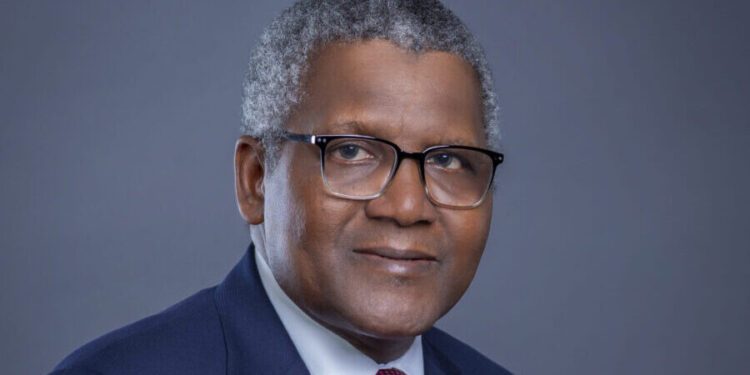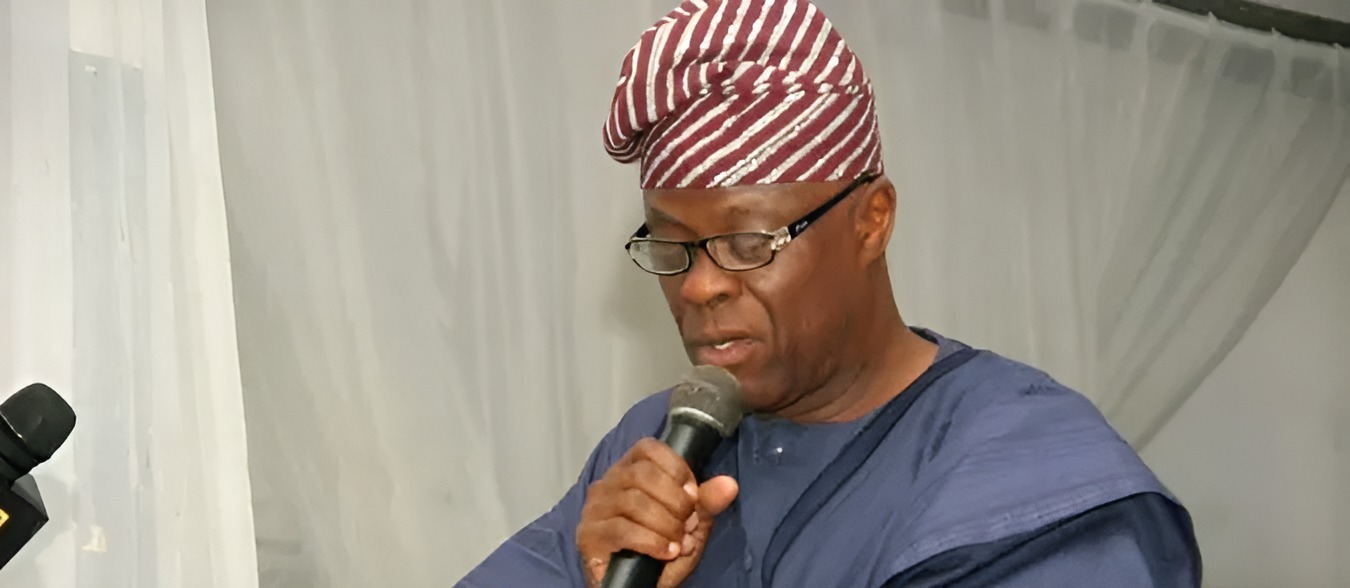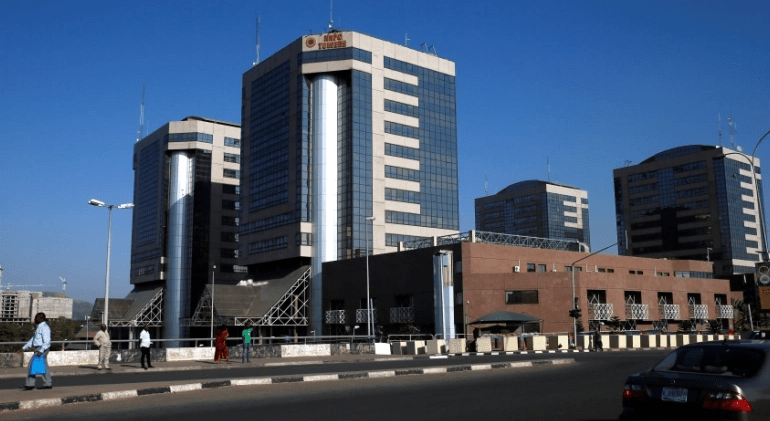The construction of flyover bridges and related projects are aimed at easing traffic in addition to attracting investments, argues GEORGE ETAKIBUEBU
When in September 2023, Delta State Governor, Sheriff Oborevwori, announced a monumental infrastructure project aimed at addressing the chronic traffic congestion and revitalizing the economic hub of Effurun, Enerhen Junction and DSC Roundabout, nobody could fully imagine the great transformation that was in the offing for these areas. The N78 billion contract awarded to Julius Berger Nigeria Plc, was for the construction of three flyover bridges, a cloverleaf interchange, two pedestrian bridges, and extensive road expansion works at PTI Junction and DSC Roundabout along with the Effurun-Patani (East-West) Highway and DSC/NPA Expressway and the Enerhen Junction and marked a significant milestone in the state’s urban renewal efforts.
These legacy projects represent a huge transformative step by Governor Oborevwori through the implementation of his M.O.R.E agenda for the state. This ambitious initiative, with a 27-month completion timeline set for December 2025, has been eloquently described as is a showpiece of the governor’s M.O.R.E (Meaningful Development, Opportunities for All, Realistic Reforms, and Enhanced Peace and Security) Agenda, in that it reflects his administration’s commitment to transforming Delta State’s infrastructure, boosting economic growth, and improving the quality of life for residents.
The projects, being executed by Julius Berger, a renowned German construction giant known for its expertise in delivering high-quality infrastructure, include four major components designed to decongest the ever-busy Warri-Effurun megalopolis, a critical commercial nerve center of Delta State. The Flyover Bridge which spans from Enerhen Junction to Marine Gate in Warri, covers
Uvwie and Warri South Local Government Areas. It aims to streamline vehicular movement across one of the busiest corridors in the region, reducing gridlock and facilitating smoother transportation of goods and services. The two Flyover Bridges at PTI Junction and DSC Roundabout located along the Effurun-Patani (East-West) Highway in Uvwie Local Government Area, target notorious traffic bottlenecks. The PTI Junction flyover addresses congestion caused by market traffic and airport-bound commuters, while the DSC Roundabout flyover tackles one of the region’s most congested pinch points. The road expansion and Cloverleaf Interchange on DSC/NPA Expressway from the Effurun Roundabout to DSC Roundabout includes doubling the road capacity from four to eight lanes, with two restricted carriageway lanes for through-traffic and two service lanes in each direction. A 3/4 cloverleaf interchange at the existing Effurun Flyover, coupled with two pedestrian bridges, enhances connectivity and pedestrian safety.
The projects incorporate side drains to manage stormwater, U-turns for seamless traffic flow, and pedestrian bridges to reduce walking accidents, ensuring a holistic approach to urban mobility. The contracts, signed on October 18, 2023, and flagged off on November 27, 2023, represent a strategic effort to address long-standing infrastructure deficits in Warri and Effurun, which have suffered from neglect and decay despite their economic significance as oil-rich commercial hubs.
The choice of Julius Berger, lauded for its experience in riverine terrains and timely delivery of projects, underscores the administration’s emphasis on quality and durability. As of July 2025, significant progress has been reported on these projects. Governor Oborevwori’s inspection in July 2024 at the PTI Junction flyover revealed that Julius Berger had completed 10 out of 15 pilings, with precast work ongoing to mitigate disruptions from the rainy season. The DSC Roundabout flyover was approximately 70% complete, with wedge slabs and side rails under construction, while the Enerhen Junction flyover was preparing for piling. The DSC/NPA Expressway expansion, including the cloverleaf interchange, has seen asphalt laying and stabilization works, with one pedestrian bridge near the former Golden Tulip hotel reaching 65% completion. It has been observed by road-building specialists that the projects adhere to international standards, with imported equipment and German-sourced materials ensuring high quality. All that was about 12 months ago. Now the projects are in a very impressive state.
Despite the challenges posed by seasonal rains, Julius Berger has adapted effectively, leveraging its experience to maintain progress. The company’s Project Manager, Mr. Thomas Haug, emphasized their capability to work under adverse weather conditions, ensuring that the 27-month timeline remains feasible. The state government’s commitment to monthly payments has further facilitated smooth operations, with an initial 25% advance payment of N19.5 billion and the balance to be paid through an Irrevocable Standing Payment Order (ISPO) over 30 months.
While the projects are on track, some challenges have emerged. The relocation of high-tension lines at PTI Junction has caused minor delays, and inconsistent dust suppression on detours has raised concerns among locals. However, Julius Berger’s proactive measures, such as precast work in contractor yards and robust planning, have minimized disruptions. The state government’s collaboration with local communities and stakeholders, including the chairmen of Uvwie and Warri South Local Government Areas, has ensured cooperation, reducing potential conflicts during construction period so far.
It has to be noted that the construction of these flyovers and related infrastructure aligns seamlessly with the four pillars of Governor Oborevwori’s M.O.R.E Agenda. Here, the projects address critical infrastructure deficits, transforming Warri and Effurun into modern, accessible commercial hubs. By alleviating traffic congestion, they enhance the flow of goods, services, and people, fostering socio-economic development. The expansion of the DSC/NPA Expressway and the cloverleaf interchange will reduce travel times, while pedestrian bridges improve safety, aligning with the agenda’s focus on impactful infrastructure.
The construction has created a wide range of employment opportunities, from engineers and artisans to food vendors and transporters. Governor Oborevwori highlighted that these projects will generate “new and multifaceted jobs” and create wealth for skilled and unskilled workers. Local traders and motorists have expressed optimism about the economic boost expected upon completion, with businesses likely to thrive in a more accessible metropolis.
The strategic selection of Julius Berger, coupled with meticulous planning and financing, reflects the administration’s commitment to efficient and transparent project execution. The 27-month timeline and structured payment plan demonstrate a realistic approach to delivering sustainable infrastructure, ensuring that the projects are not only visionary but also achievable.
And by reducing traffic bottlenecks and improving connectivity, the projects contribute to a more orderly urban environment, potentially reducing frustrations that can lead to social unrest. The involvement of local leaders and communities fosters a sense of ownership, promoting peace and cooperation during and after construction.
The projects have elicited widespread praise from residents, motorists, and stakeholders. Motorists at Enerhen Junction and DSC Roundabout have lauded the initiative for their potential to ease commuting challenges, while traders anticipate a surge in economic activity.
Governor Oborevwori deserves commendations for fulfilling his campaign promises, which must be seen as a major step toward restoring the Effurun – Warri axis past glory.
Though the projects were criticized by the then opposition All Progressives Congress before Governor Oborevwori defected to it as “a conduit pipe” to misappropriate funds, the claim have been largely rejected by the state residents who rather see the projects as visible progress and praised the administration’s transparency in contract awarding and financing.
Governor Oborevwori’s engagement with stakeholders, including his call for cooperation from local communities, has helped maintain public trust. Beyond immediate traffic relief, these projects position Warri and Effurun as attractive destinations for investment. The improved infrastructure is expected to draw new businesses, leveraging Delta State’s status as a major oil and gas producer. The projects also set a precedent for similar developments in other senatorial districts, as Oborevwori has pledged to extend such initiatives state-wide, fulfilling his promise of equitable development.
The construction of these flyover bridges at PTI Junction, DSC Roundabout, and Enerhen Junction represents a bold and transformative step in Delta State’s infrastructure landscape. And given the fact that they are being handled by Julius Berger, these projects embody technical excellence and strategic vision, addressing long-standing traffic challenges while catalyzing economic growth. As a flagship initiative of the M.O.R.E Agenda, they underscore Governor Oborevwori’s commitment to meaningful development, economic opportunities, realistic reforms, and enhanced peace. With completion targeted for December 2025, these projects promise to redefine Warri and Effurun, restoring their status as vibrant commercial hubs and setting a benchmark for urban renewal in Delta State. The overwhelming support from residents and stakeholders reflects the profound impact these bridges will have, marking a new era of prosperity and connectivity for the region.
Etakibuebu, a public affairs analyst, writes from Lagos




